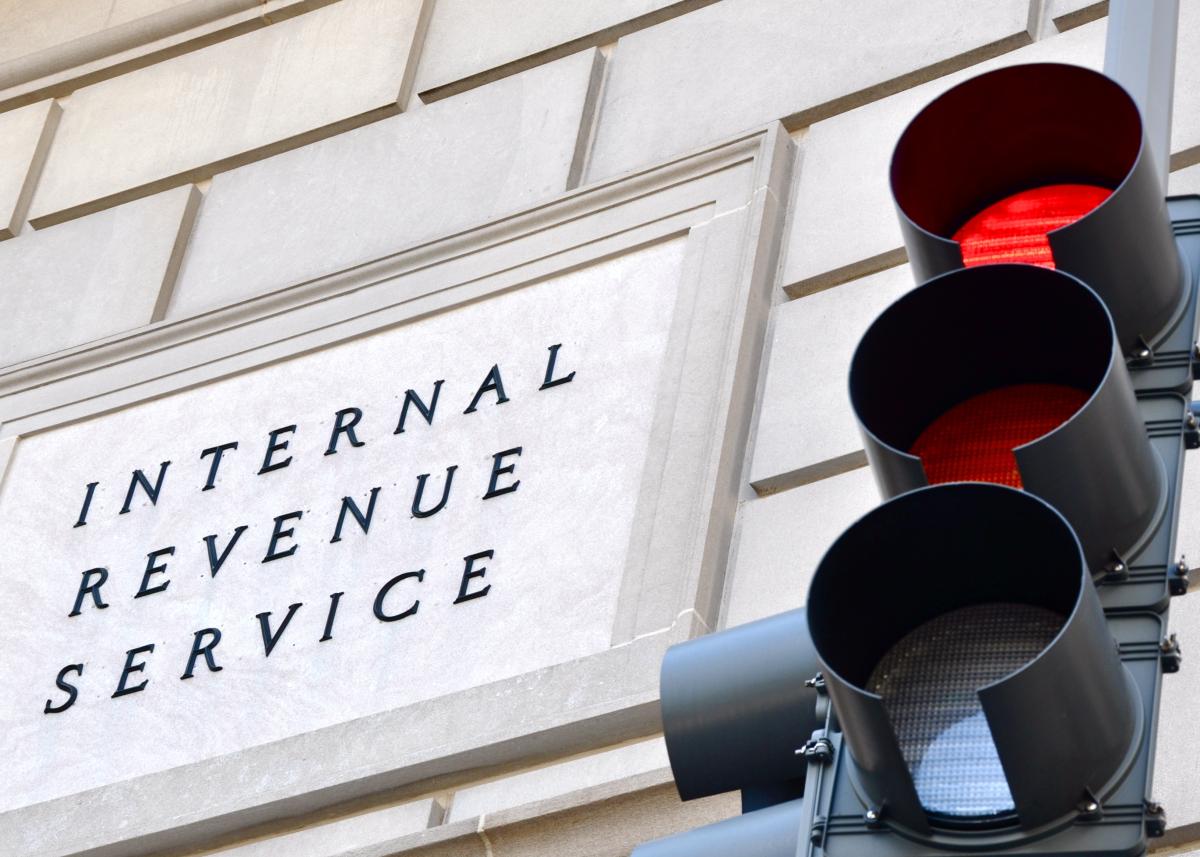The Internal Revenue Service on Aug. 9 warned businesses and tax professionals to be alert to a range of compliance issues that can be associated with Employee Stock Ownership Plans (ESOPs).
 “The IRS is focusing on this transaction as part of the effort to ensure our tax laws are applied fairly and high-income filers pay the taxes they owe,” IRS Commissioner Danny Werfel said in a statement. “This means spotting aggressive tax claims as they emerge and warning taxpayers. Businesses and individual taxpayers should seek advice from an independent and trusted tax professional instead of promoters focused on marketing questionable transactions that could lead to bigger trouble."
“The IRS is focusing on this transaction as part of the effort to ensure our tax laws are applied fairly and high-income filers pay the taxes they owe,” IRS Commissioner Danny Werfel said in a statement. “This means spotting aggressive tax claims as they emerge and warning taxpayers. Businesses and individual taxpayers should seek advice from an independent and trusted tax professional instead of promoters focused on marketing questionable transactions that could lead to bigger trouble."
The warning comes as part of an expanded focus on ensuring high-income taxpayers pay what they owe, Werfel noted.
Prior to the Inflation Reduction Act, more than a decade of budget cuts prevented IRS from keeping pace with the “increasingly complicated set of tools” that the wealthiest taxpayers may use to hide their income and evade paying their share, according to the announcement. “The IRS is now taking swift and aggressive action to close this gap,” Werfel said.
ESOPs are retirement plans that allow employees to own stock in their employer’s company. Any company that has stock can sponsor an ESOP for its employees as long as the ESOP invests primarily in the securities of the employer. ESOPs can be complex arrangements since the ESOP can borrow funds from the employer or a third party to purchase shares of the employer, the agency explains.
The IRS further notes that, given the complexity of ESOPs, it will continue to undertake enforcement strategies to ensure compliance with tax law requirements by employers sponsoring an ESOP. In its current compliance efforts, the IRS notes that it has identified numerous issues, such as:
- valuation issues with employee stock;
- prohibited allocation of shares to disqualified persons; and
- failure to follow tax law requirements for ESOP loans causing the loan to be a prohibited transaction.
Additionally, the IRS notes that it has seen promoted arrangements using ESOPs that are potentially abusive. For instance, the IRS has seen arrangements where a business creates a “management” S corporation whose stock is wholly owned by an ESOP for the sole purpose of diverting taxable business income to the ESOP. The S corporation purports to provide loans to the business owners in the amount of the business income to avoid taxation of that income. The IRS disagrees with how taxpayers interpret this transaction and emphasizes that these purported loans should be taxable income to the business owners. These transactions also impact whether the ESOP satisfies several tax law requirements which could result in the management company losing its S corporation status.
The IRS notes that over the next year it will continue to use a range of compliance tools, including education, outreach and additional examinations to address compliance issues associated with ESOPs.
DOL Activity
Meanwhile, the issue of valuation with respect to employee stock has been the subject of various lawsuits in recent years. In fact, the issue is addressed in the Worker Ownership, Readiness, and Knowledge (WORK) Act enacted as part of the SECURE 2.0 Act, which in addition to establishing an Employee Ownership Initiative within DOL to promote employee ownership, the legislation requires DOL to issue formal guidance for “acceptable standards and procedures” to establish good faith fair market value for shares of a business to be acquired by an ESOP.
In fact, at this year’s NAPA DC Fly-In Forum held in late July, Ali Khawar, who is the Principal Deputy Assistant Secretary for the DOL’s Employee Benefits Security Administration (EBSA), told attendees that one part that’s central to a lot of the action in the DOL’s enforcement program has been whether an ESOP is paying the right amount for what it's getting.
“I am hopeful that the additional guidance clarifies the rules of the road for everyone and puts us in a situation where enforcement becomes less necessary, because kind of by default, the behavior and the actions and conduct we're seeing are more in line with what our expectations are,” Khawar noted, adding that he believes the ESOP project is quite important.

